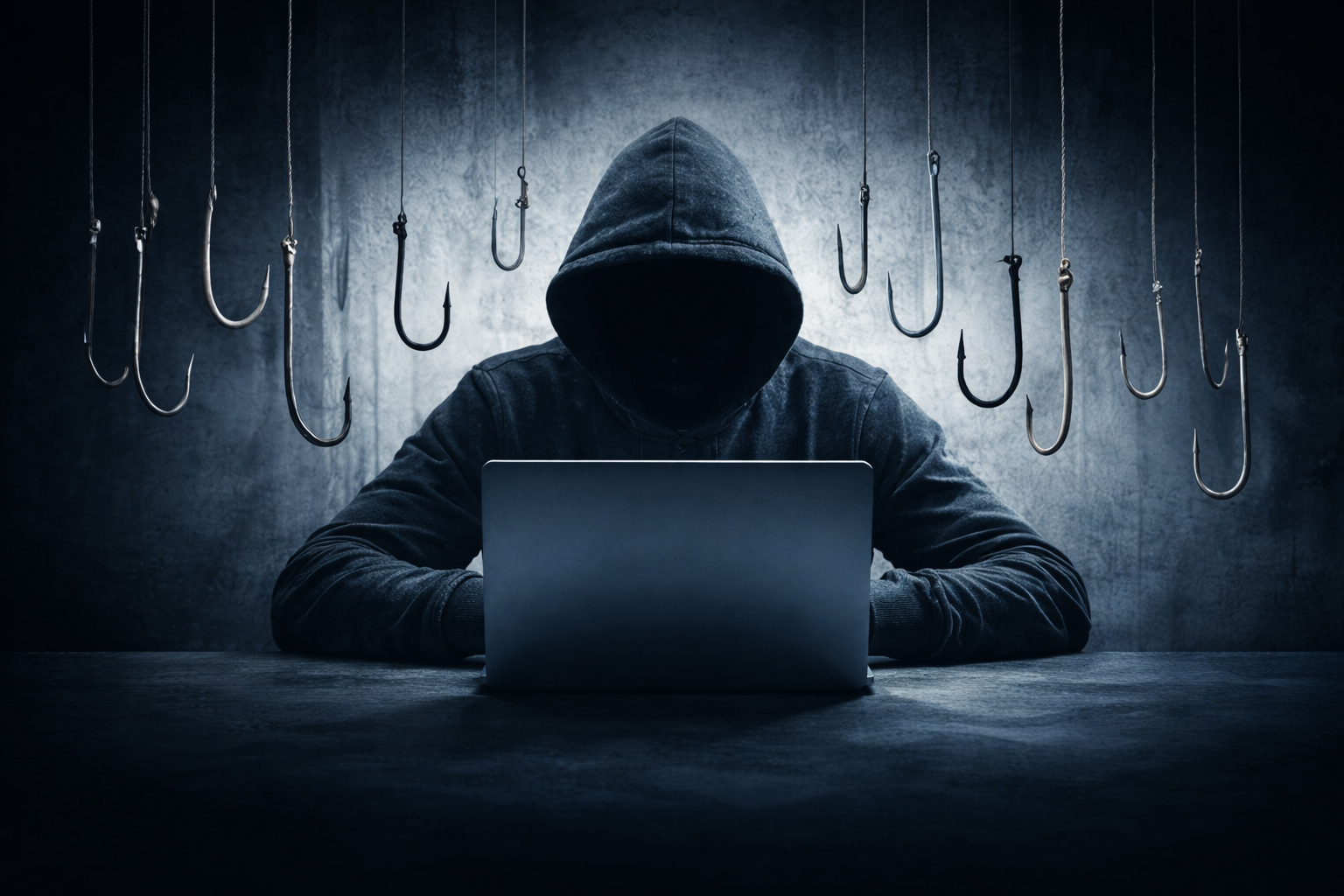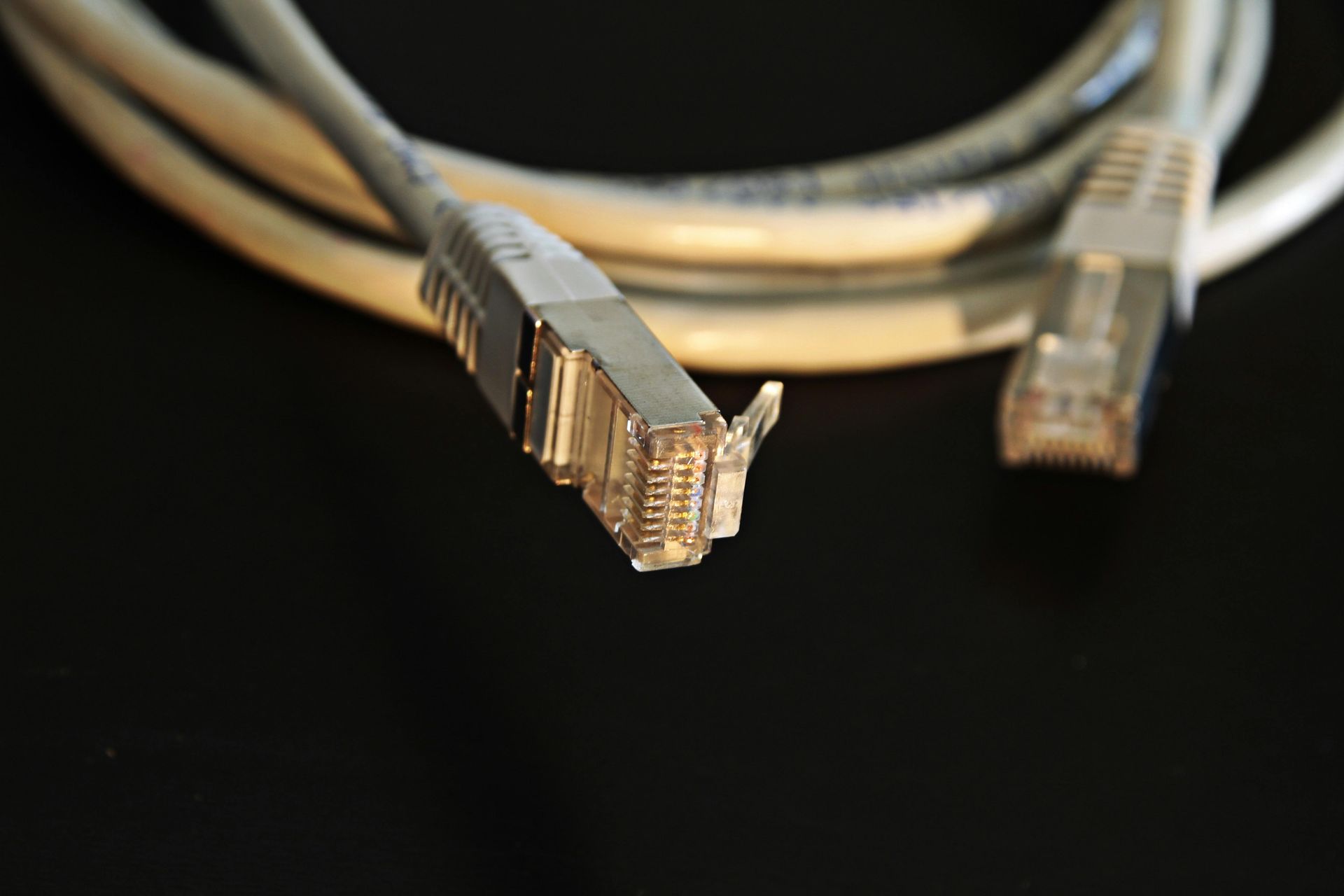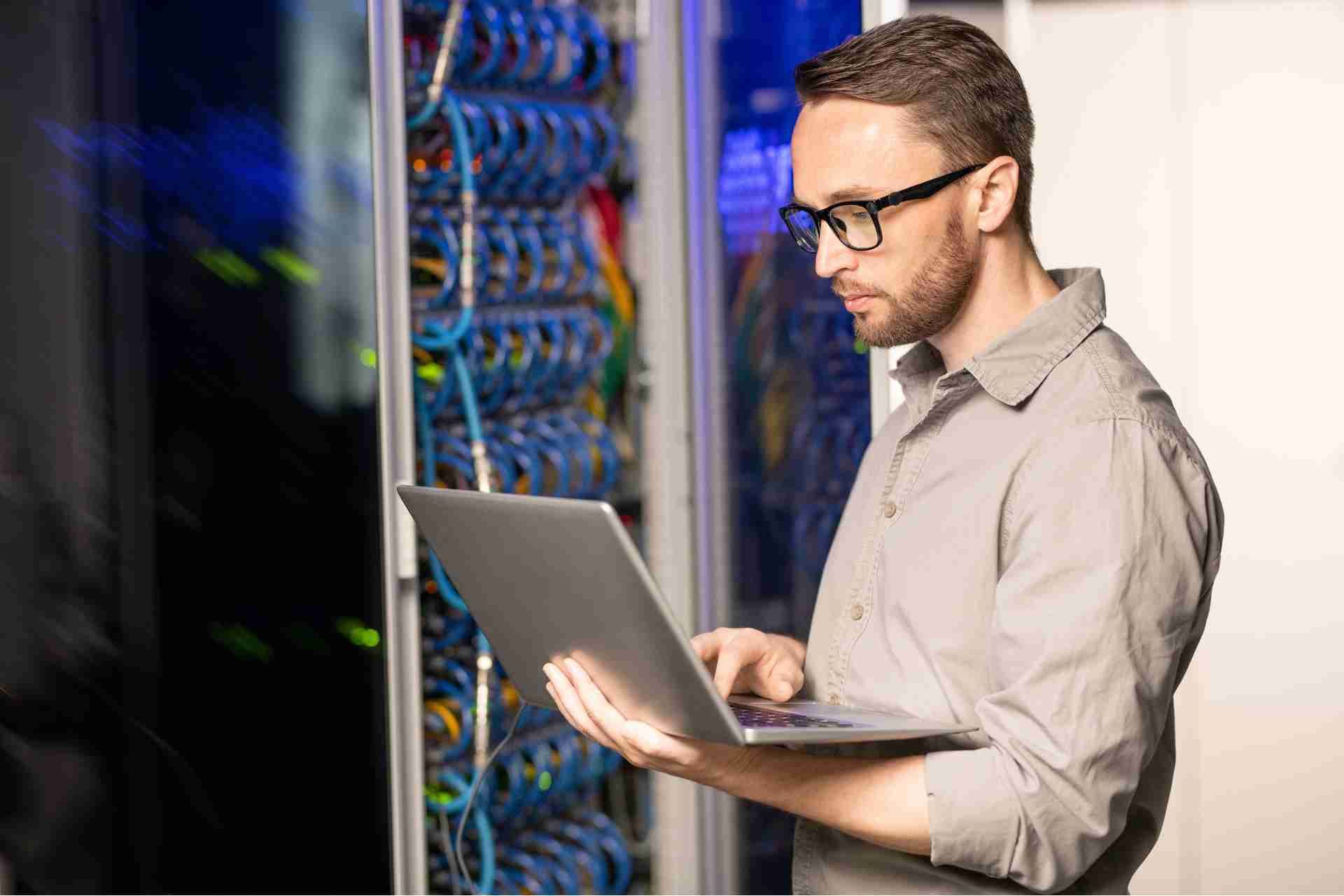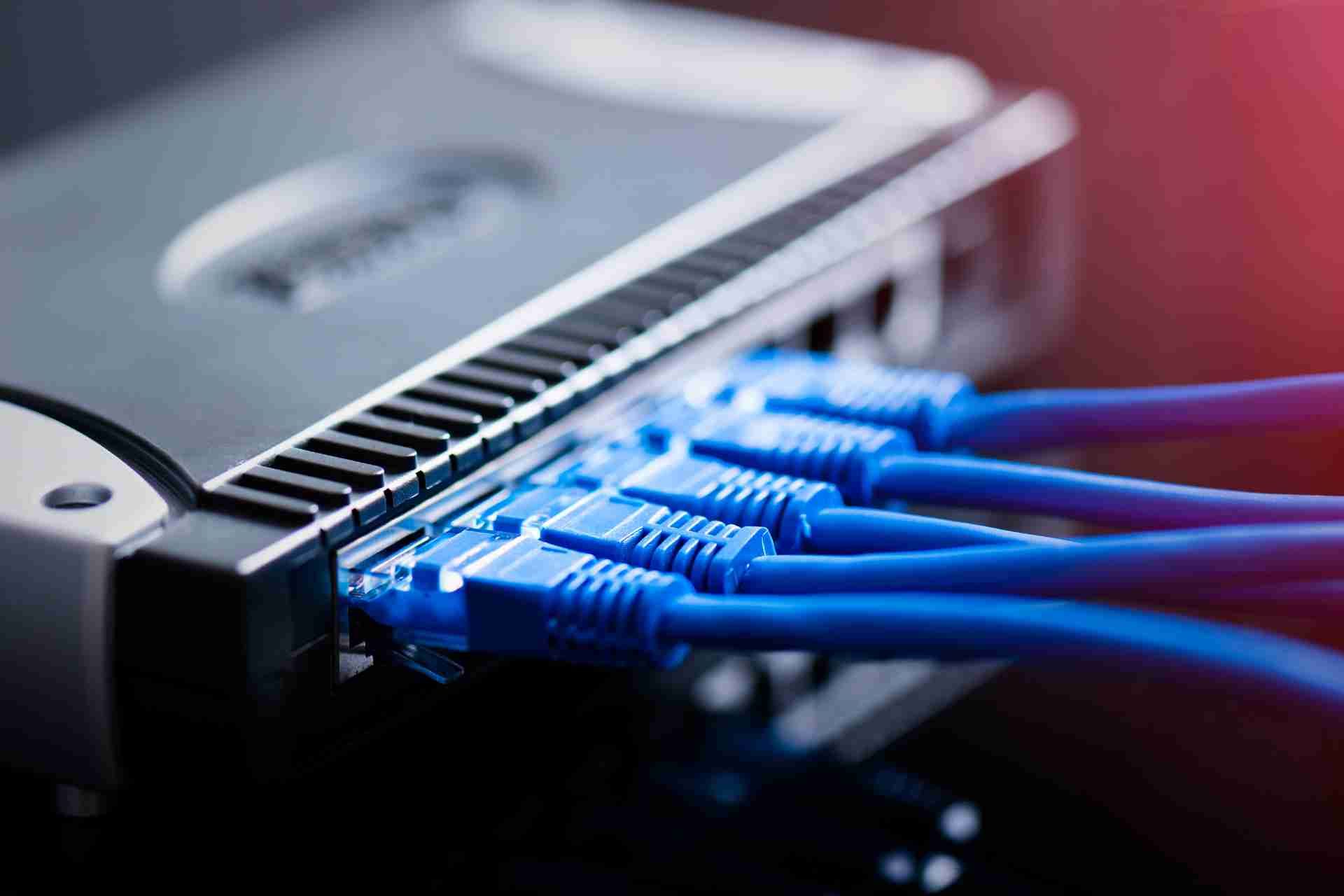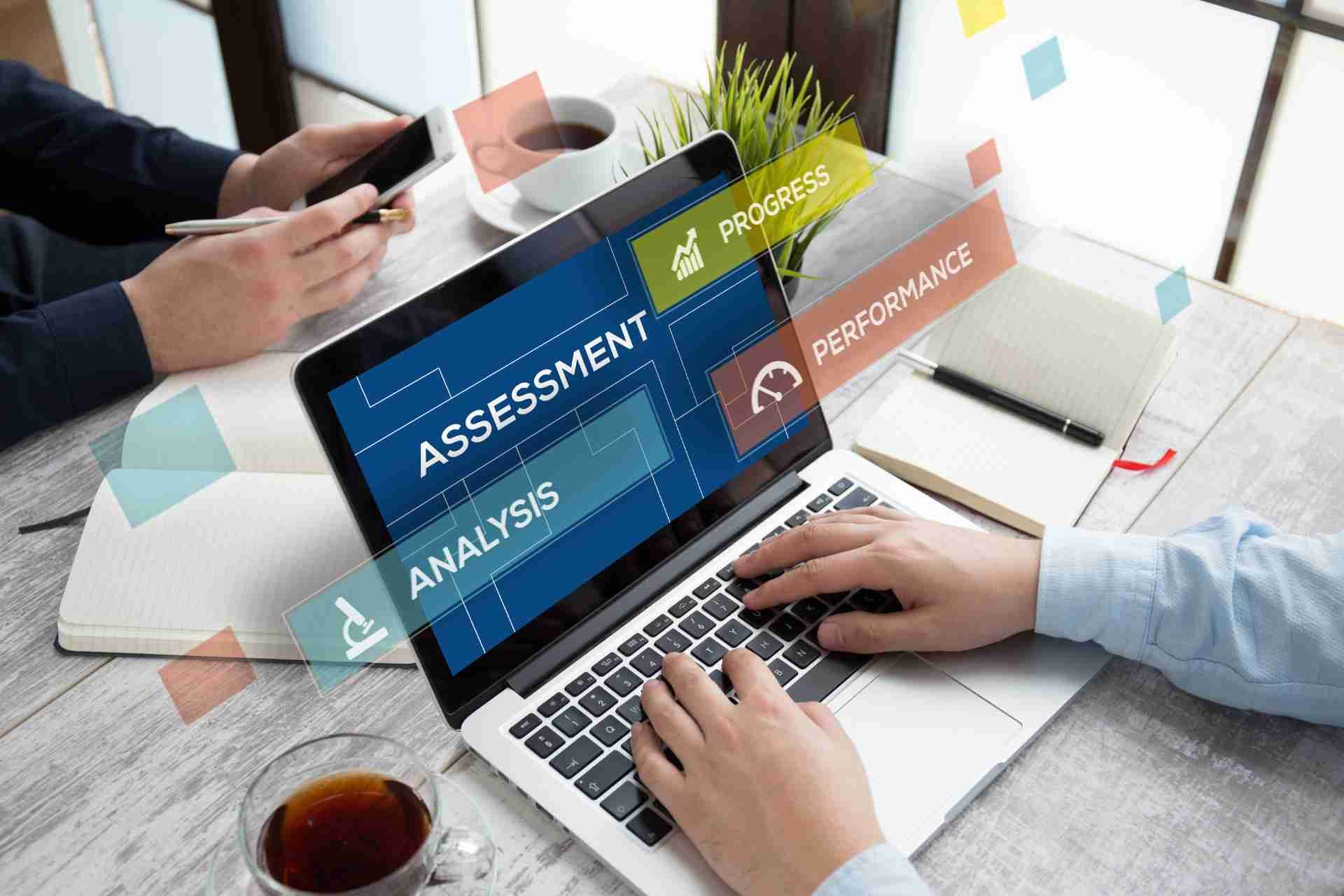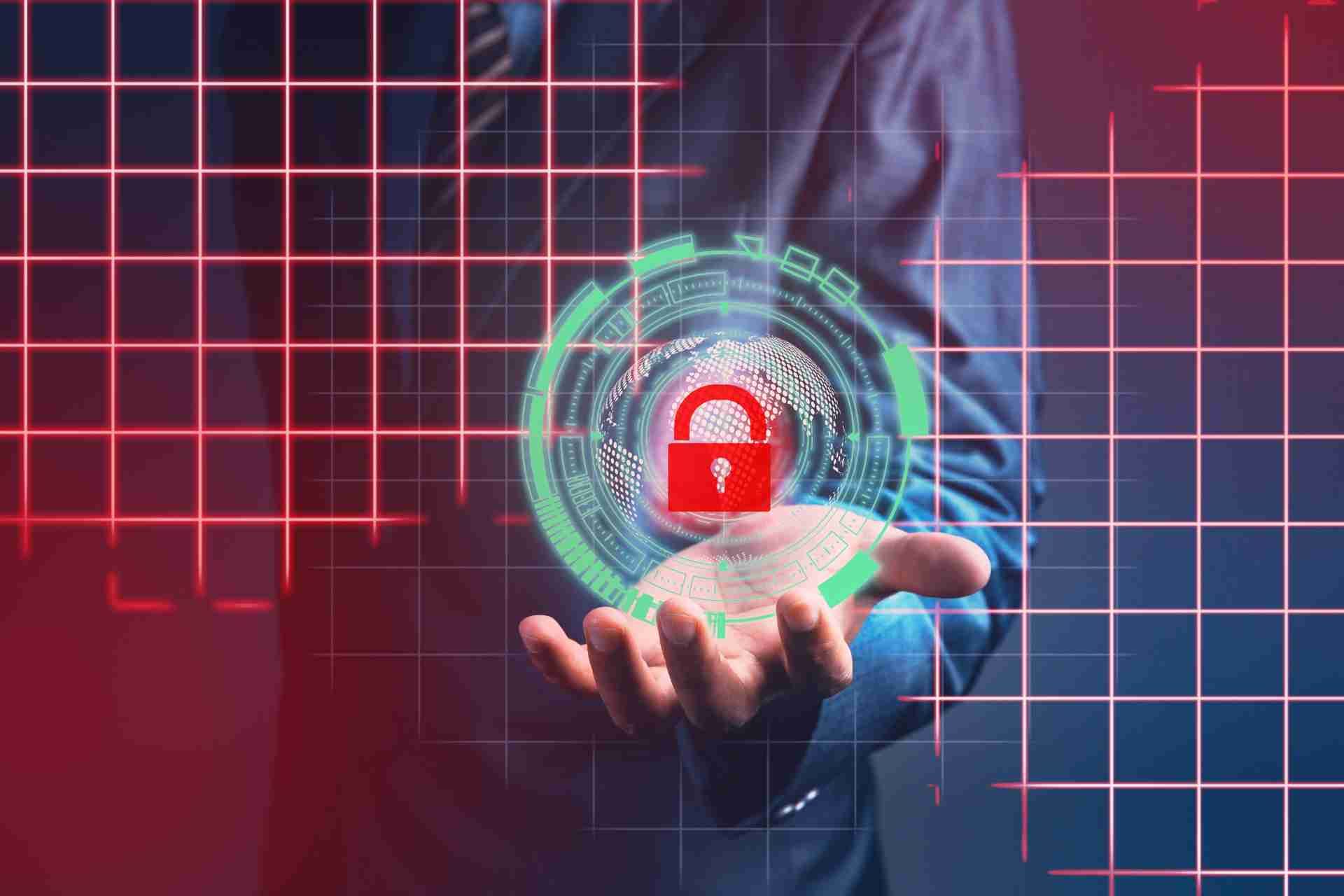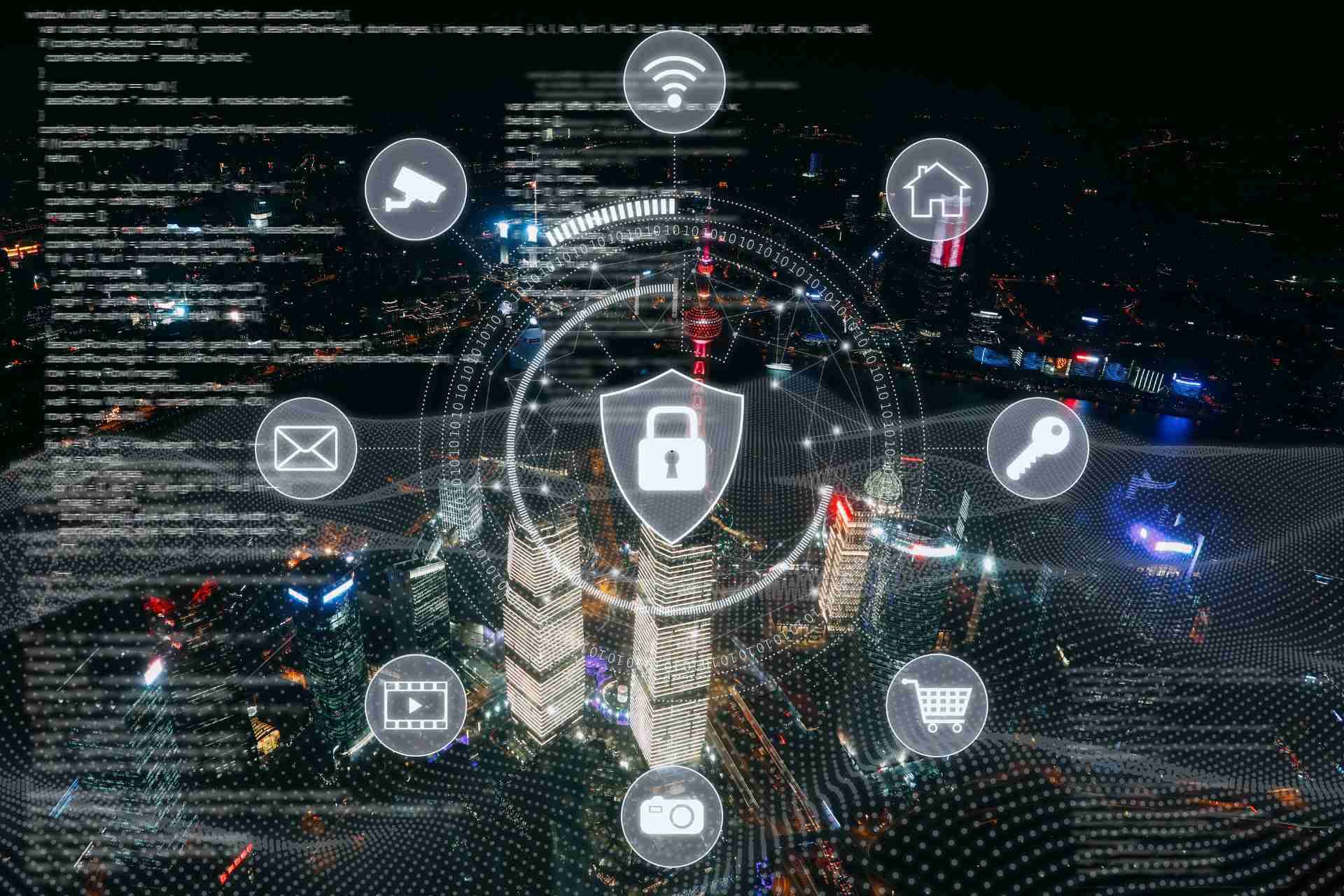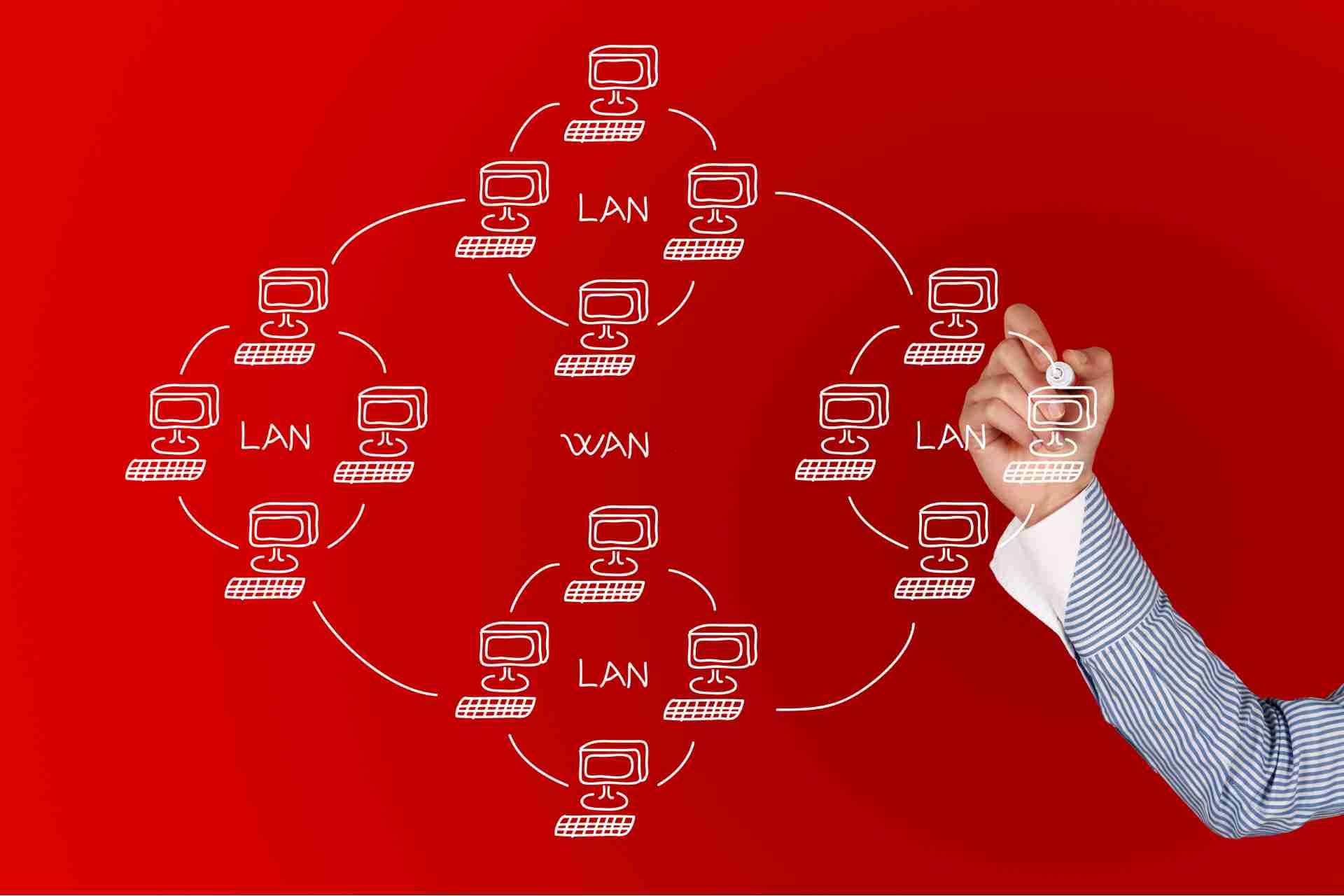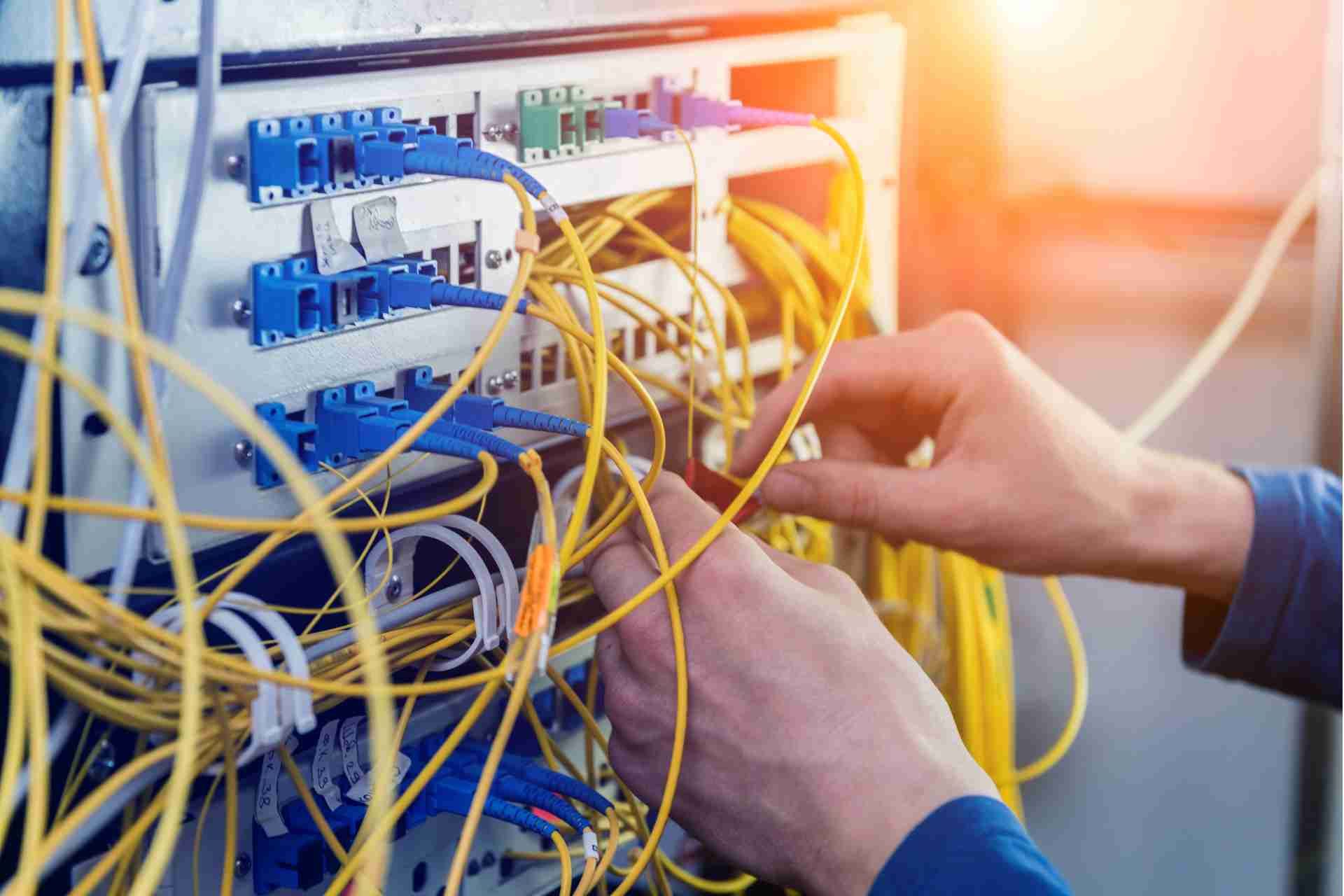How to Improve Cybersecurity
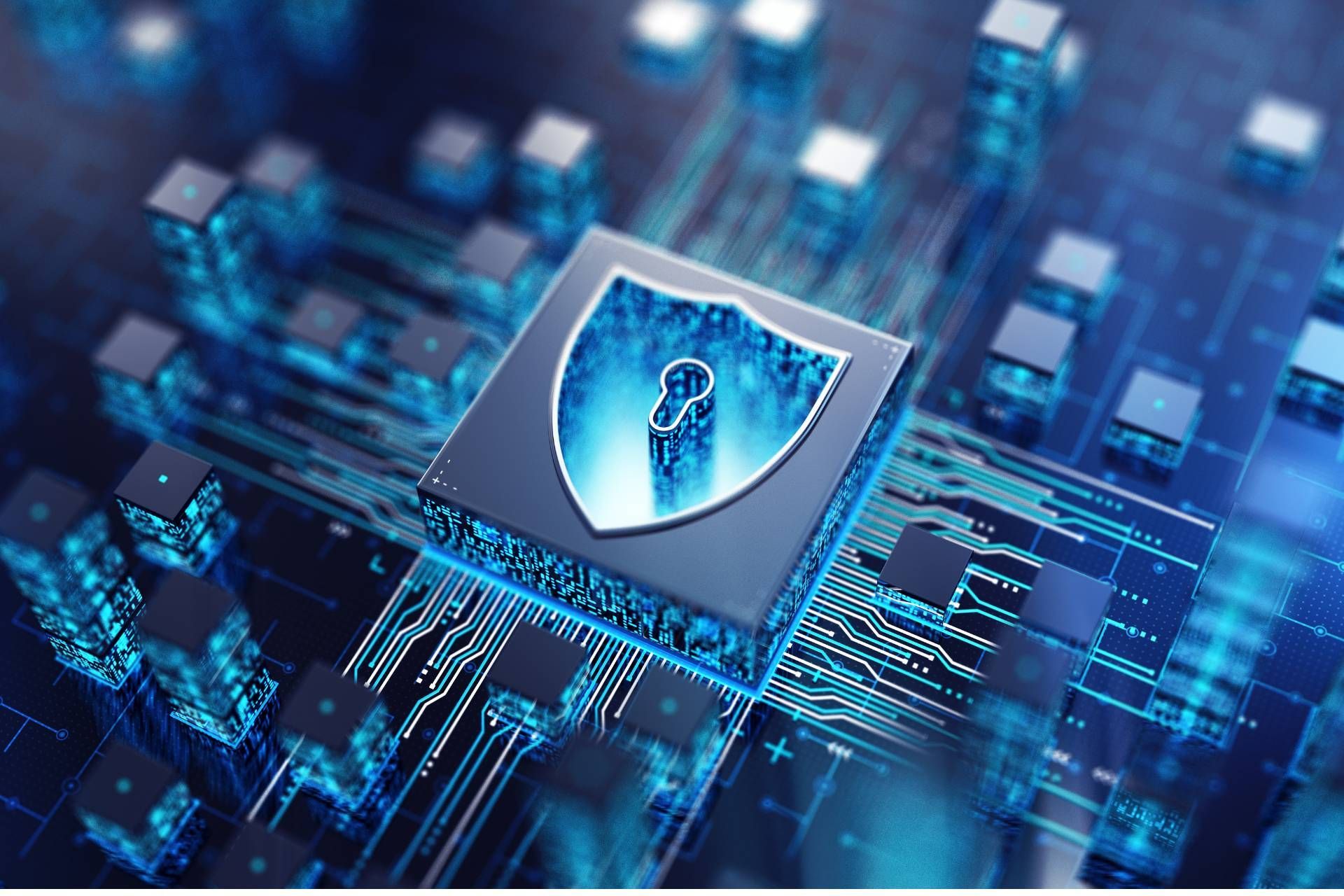
Cybersecurity has never been more important than it is today. With the increasing reliance on technology and the internet in both our personal and professional lives, the risk of cyber threats and attacks is higher than ever. It is crucial for individuals and organizations to take proactive measures to protect their data and information from malicious hackers and cybercriminals.
But how to improve cybersecurity in an ever-evolving digital landscape? Let's find out.
Why cybersecurity matters
Cybersecurity is a critical aspect of our digital world that often goes overlooked until a breach occurs. With the rise of technology and the increasing reliance on digital platforms for communication, finance, and personal data storage, it's more important than ever to prioritize cybersecurity measures.
One of the main reasons
why cybersecurity matters is to protect our personal information. With the amount of data we share online, from credit card details to social security numbers, it's crucial to ensure this information is secure from cybercriminals. A breach in security could lead to identity theft, financial loss, and even damage to our reputation.
Cybersecurity also plays a vital role in safeguarding businesses and organizations. A cyberattack can have devastating consequences, including financial loss, damage to reputation, and disruption of services. By implementing strong cybersecurity measures, companies can protect their data, customers, and overall operations from potential threats.
Cybersecurity is essential for national security. With the increasing digitization of critical infrastructure, such as energy grids and government systems, they become more vulnerable to cyberattacks from malicious actors. Ensuring these systems are protected is crucial to safeguarding the country's security and preventing potential threats to national interests.
How to Improve Cybersecurity
1. Use strong passwords
This may seem like a no-brainer, but using simple passwords or reusing the same password across multiple accounts can leave you vulnerable to cyber attacks. Create complex passwords that include a mix of letters, numbers, and special characters, and use a password manager to securely store and manage your passwords.
2. Enable two-factor authentication
Two-factor authentication adds an extra layer of security to your accounts by requiring a second form of verification, such as a code sent to your phone or email. Enable two-factor authentication for all your accounts to protect them from unauthorized access.
3. Keep your software up to date
Software updates often include security patches that protect your devices from known vulnerabilities. Make sure to regularly update your operating system, software, and applications to keep them secure against cyber threats.
4. Be cautious of phishing attacks
Phishing attacks are one of the most common tactics used by cybercriminals to steal sensitive information. Be cautious of emails, messages, or websites that ask for your personal information or login credentials, and never click on suspicious links or download attachments from unknown sources.
5. Secure your network
Secure your home or business network by using a strong password for your Wi-Fi router, disabling remote access to the router, and enabling encryption to protect your data from eavesdroppers.
6. Backup your data
In the event of a cyberattack or data breach, having a backup of your important files and documents can save you from losing valuable information. Regularly backup your data to a secure location, such as an external hard drive or cloud storage service.
7. Educate yourself and others
Education is key to improving cybersecurity. Stay informed about the latest cyber threats and best practices for staying safe online. Educate your family members, colleagues, and employees about cybersecurity risks and how to protect themselves from cyberattacks.
8. Use a VPN
A
virtual private network (VPN) encrypts your internet connection and masks your IP address, helping to protect your online activities from prying eyes. Use a reputable VPN service when connecting to public Wi-Fi networks or when accessing sensitive information online.
